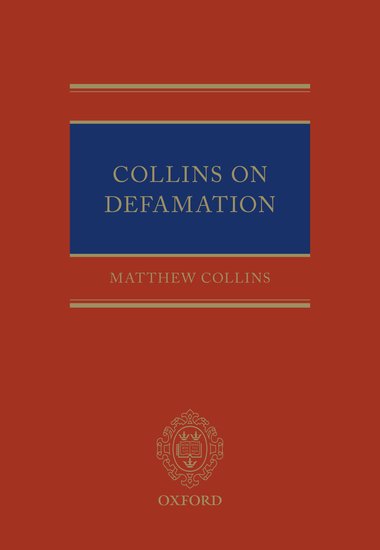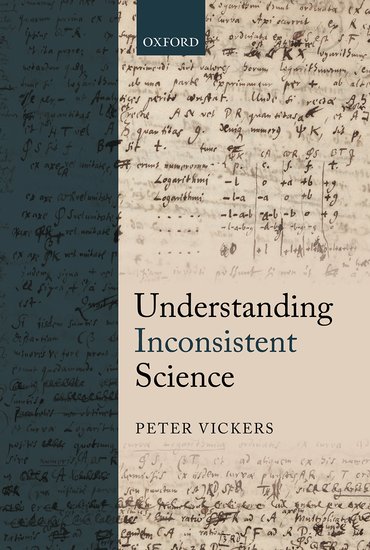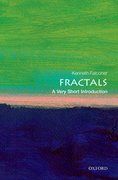By Ellie Collins
Thomas Pynchon may have a reputation for writing dense and difficult novels, but Bleeding Edge is something of a page-turner: a thought-provoking thriller. The novel follows Maxine Tarnow, a smart-talking, rogue fraud investigator with a pistol in her purse, and is set somewhere between New York in 2001, leading up to the events of 9/11, and the Deep Web – the dark, buried underworld of the internet, teeming with hackers, code-writers, criminals, and lost souls. Maxine’s investigations lead her into a series of fraught and disorienting encounters with a billionaire CEO, secret agents, drug-dealers, a man with a supernatural sense of smell, and a foot fetishist (amongst others), against a backdrop of weird parties, karaoke joints, a haunted hotel, an offshore waste disposal depot with its ‘luminous canyon walls of garbage’, and the unnerving virtual reality of DeepArcher – an online world, or program. Bleeding Edge melds strange coincidence, conspiracy, and the obtusely unexplained into a brilliant and far-reaching narrative that has stayed with me long after reading.








